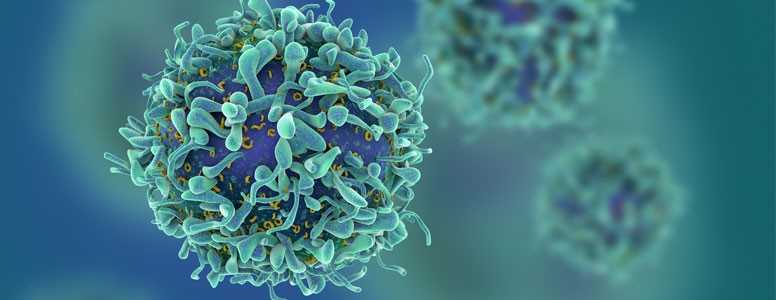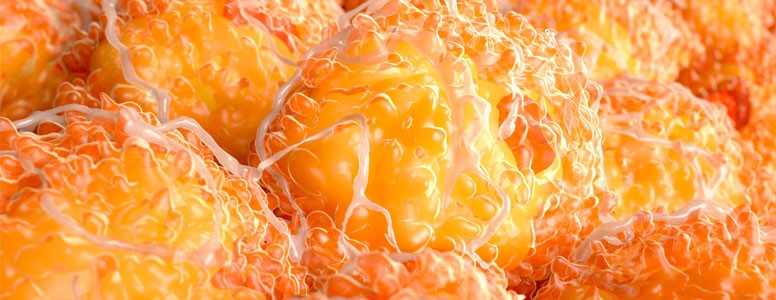A group of researchers from UMass Medical School has isolated immune cells from the islets of nine donors with type 1 diabetes to understand and prevent the immune-mediated destruction of beta cells.
Scientists could make use of new information derived from this bank of tissue-specific T cells to protect from, or treat, autoimmunity in type 1 diabetes.
T-cells (a subtype of white blood cells) collected by researchers in this study are thought to play a major role in the autoimmune inflammation of pancreatic islets leading to beta cell destruction in type 1 diabetes.
The ability to probe the function of these cells, so far poorly understood, is one step towards the design of therapies that selectively control or suppress the immune response in certain autoimmune diseases, like type 1 diabetes.
The goal is to be able to turn off the immune system’s destructive responses to specific tissues while leaving the rest of the immune system intact and alert to respond to challenges, such as infections.
One way to do that is to have T cells react to only some of their targets, or antigens, when the immune system attacks beta cells.
In principle, the expression of antigen targets in type 1 diabetes autoimmunity can be modified so T cells don’t recognise them.
In this study, researchers focused on T cells known as CD4 and CD8, which considerable evidence suggest are detectable alongside inflammatory cytokine molecules during autoimmunity directed against the islets.
They conducted an analysis of 50 of a total of 236 CD4+ and CD8+ T cell lines derived from islets of the nine type 1 diabetes donors.
Of all the immune T cells from the islets, 18 lines were tested for reactivity against known antigens, including autoreactive peptide and protein targets, presented by beta cells.
The results show that certain T cells from the islets recognised identified antigens while others recognised modified antigens, which suggests that there is a much broader repertoire of islet autoreactive T cells than previously thought.
These findings provide insights about T-cell response for a specific autoantige, and inform the development of durable immune-based therapies aiming to incapacitate immune pathways that lead to beta cell death.
What's new on the forum? ⭐️
Get our free newsletters
Stay up to date with the latest news, research and breakthroughs.








